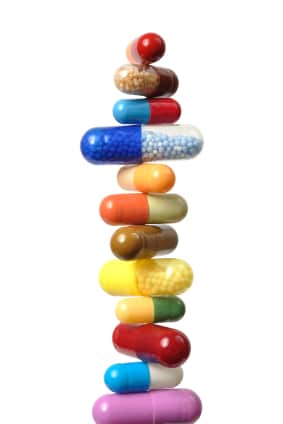Pharmacogenomics and pharmacogenetics will prove to be useful tools to limit the number of drug-related deaths and drug reactions. Prescription...

Pharmacogenomics and pharmacogenetics will prove to be useful tools to limit the number of drug-related deaths and drug reactions. Prescription...